The staggering human cost of extreme weather revealed
As many as 11,778 disasters have been reported since 1970, ’impacting the poorest of the poor’
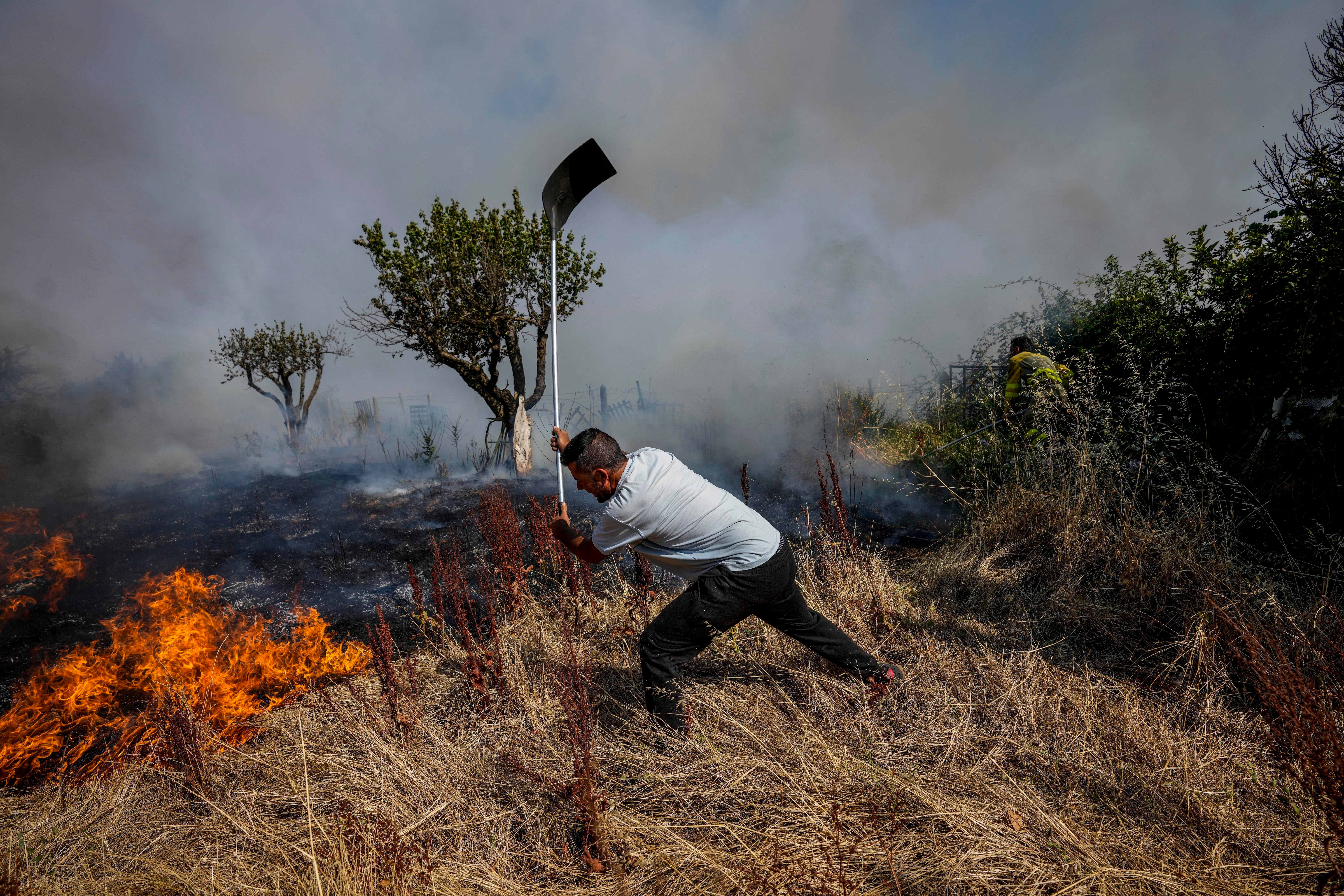
Two million people have been killed by extreme weather, and climate and water-related events in the last half-century, the World Meteorological Organisation (WMO) has said.
As many as 11,778 disasters have been reported since 1970, “impacting the poorest of the poor”, said the WMO’s secretary-general, as over 90 per cent of the subsequent reported deaths happened in developing countries.
Economic damage from floods, storms and wildfires has soared by a factor of eight since the same year, totalling 4.3 trillion US dollars (£3.5 trillion).
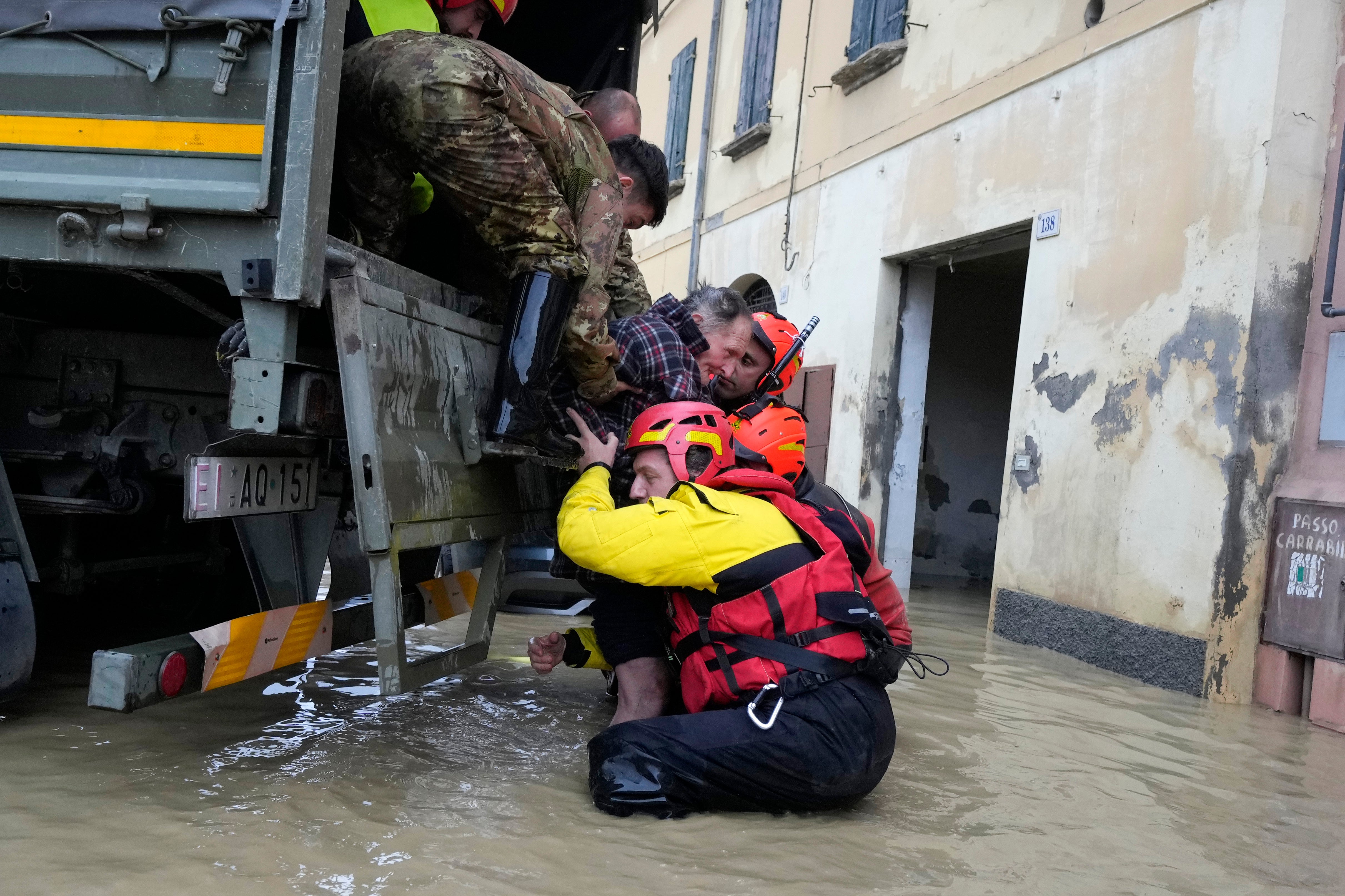
The number of deaths has fallen dramatically since then, which the WMO said was because of improved early warning systems and disaster management.
The United States alone lost 1.7 trillion dollars (£1.4 trillion), which accounts for 39 per cent of the economic losses sustained between 1970 and 2021 – the years analysed in the WMO’s updated Atlas of Mortality and Economic Losses from Weather, Climate and Water Extremes.
However, it is least developed countries and small island developing states who have suffered a disproportionately high cost in relation to the size of their economies, the WMO said.
Data from 2020 and 2021 has been added to the Atlas which already covers the period up to 2019.
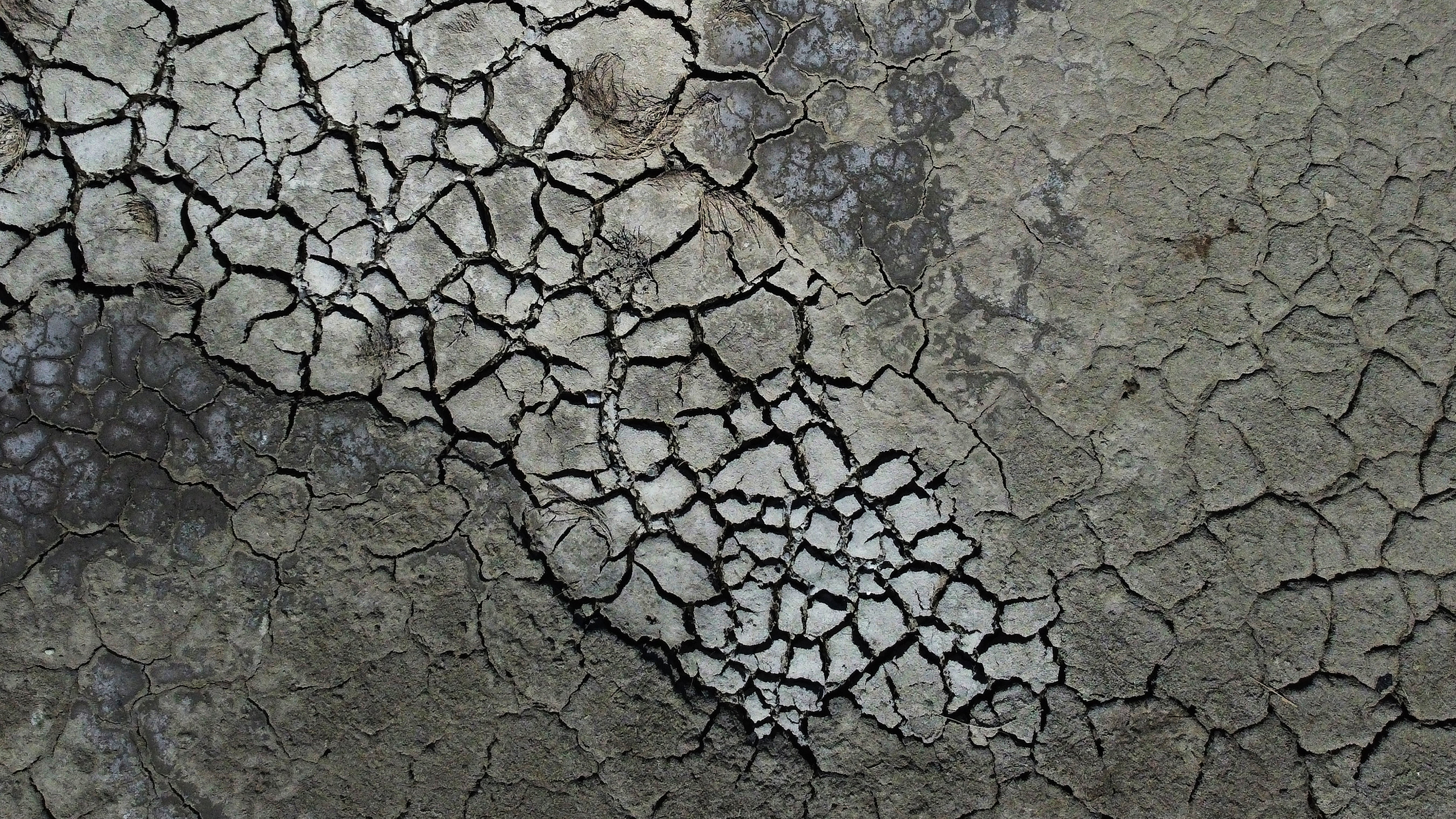
It shows 22,608 deaths from the most recent two years – a continuation of the declining trend – while economic losses increased further with the majority attributed to storms.
Professor Petteri Taalas, the WMO’s secretary-general, said: “The most vulnerable communities unfortunately bear the brunt of weather, climate and water-related hazards.
“Extremely severe cyclonic storm Mocha exemplifies this. It caused widespread devastation in Myanmar and Bangladesh, impacting the poorest of the poor.
“In the past, both Myanmar and Bangladesh suffered death tolls of tens and even hundreds of thousands of people.
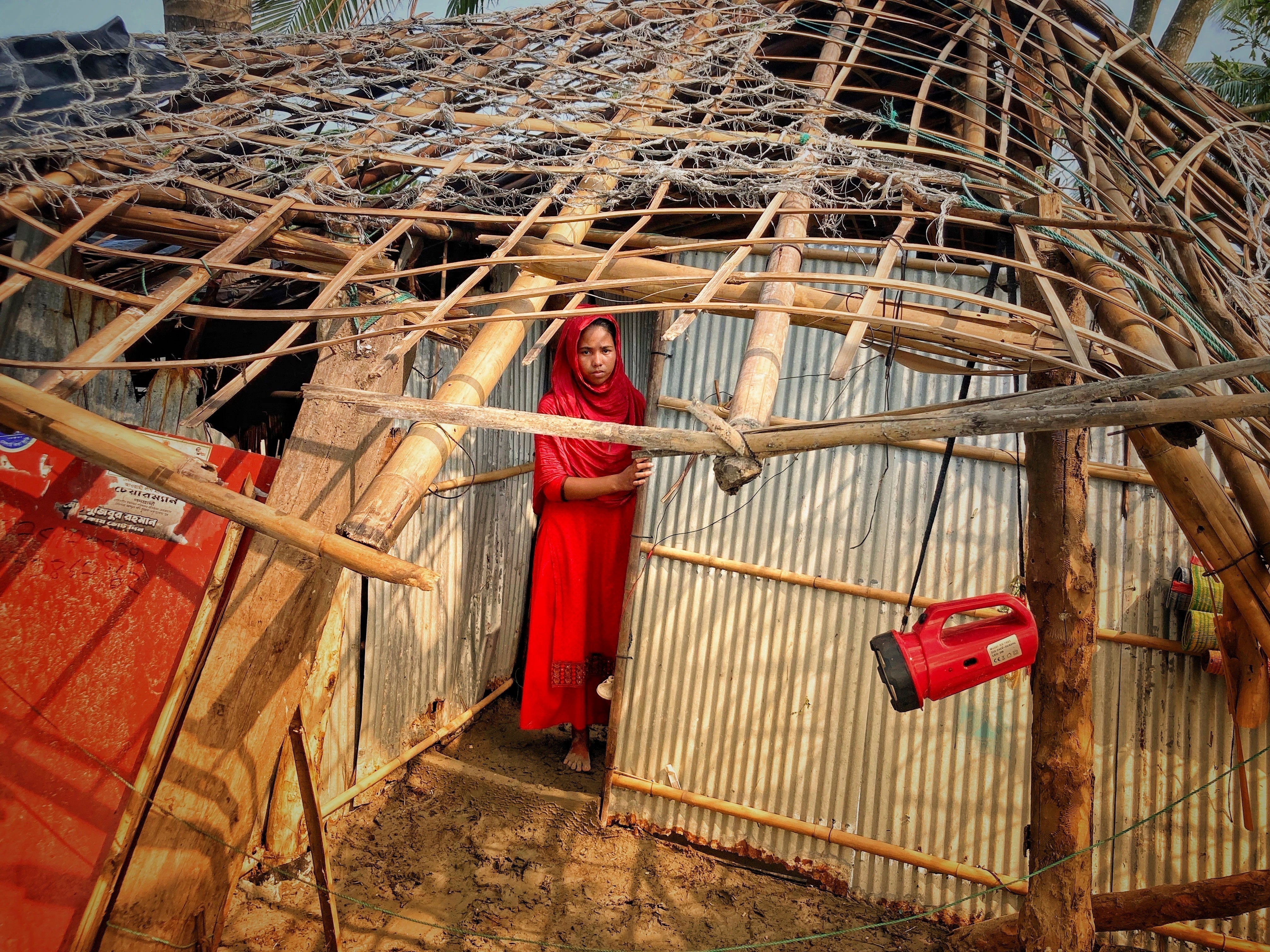
“Thanks to early warnings and disaster management these catastrophic mortality rates are now thankfully history. Early warnings save lives.”
Asia accounted for 47 per cent of all reported deaths worldwide – nearly one million – with tropical cyclones being the leading cause.
Bangladesh had the highest death toll in Asia with 520,758, attributed to 281 disasters.
In Europe, 166,492 people were killed in 1,784 disasters, accounting for 8 per cent of reported deaths worldwide.
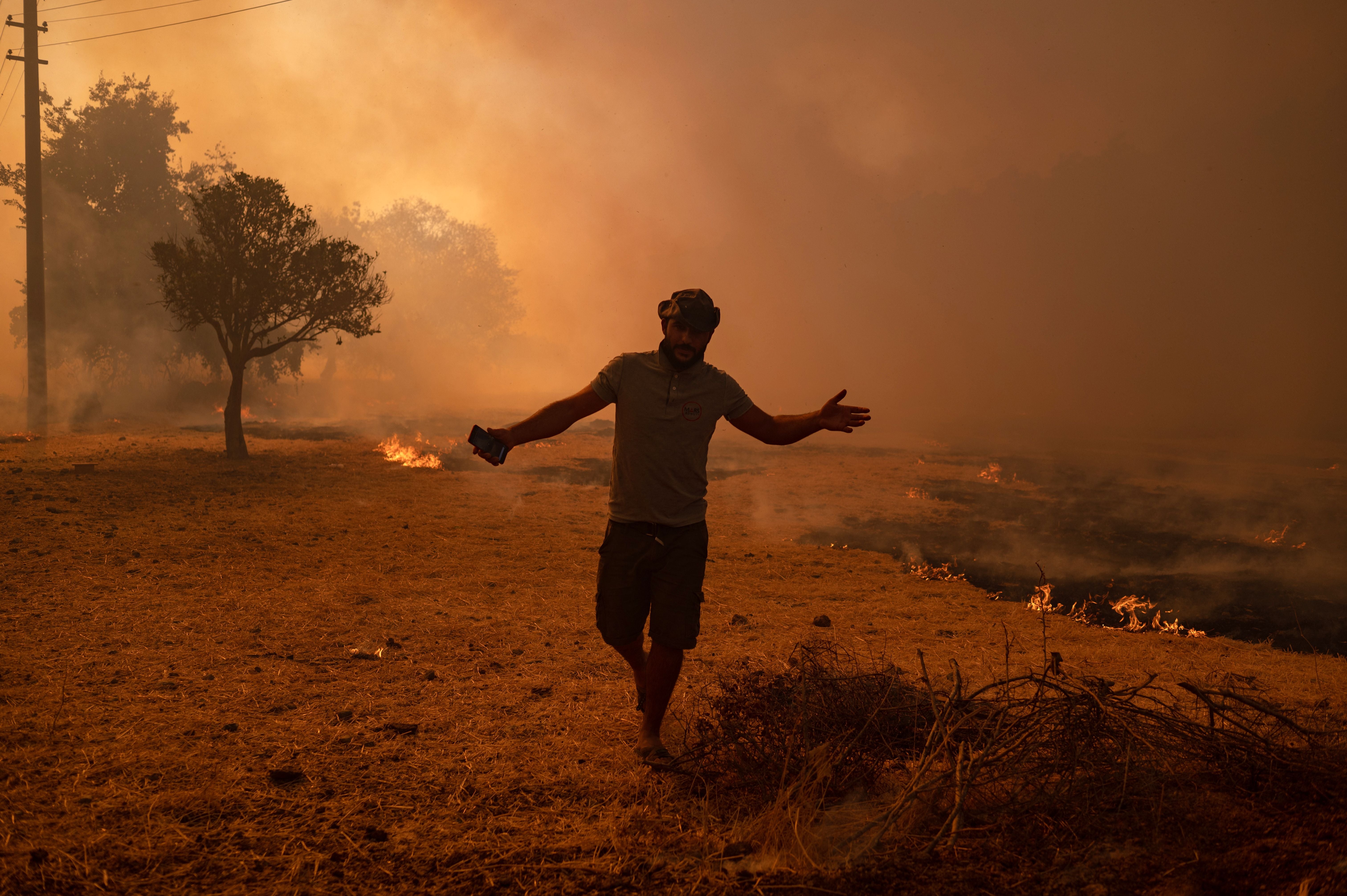
Extreme temperatures were the leading cause of reported deaths and floods were the leading cause of economic losses.
The WMO wants to ensure that early warning systems reach everyone on Earth by 2027 and has published its findings ahead of the World Meteorological Congress on May 22 to help speed up this process.
Representatives from UN agencies, development banks, governments and national meteorological and hydrological services responsible for issuing early warnings will meet in Geneva, Switzerland, next week.
The Congress, of which the UK is a member, has said the UN’s Early Warnings for All initiative is one of its top strategic priorities this year.
Join our commenting forum
Join thought-provoking conversations, follow other Independent readers and see their replies
Comments


Bookmark popover
Removed from bookmarks